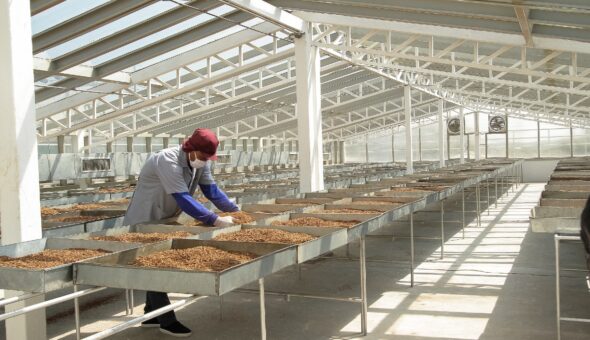While Black History Month is an opportunity to celebrate the lives and contributions of Black people in the UK and around the world, it also prompts us to reflect on past and ongoing challenges to the Black community. In this post we examine the colonialism and exploitation enshrined in the tobacco industry, and question how far the industry has moved on from historical practices.
Delving into the history of the world’s largest tobacco companies unearths some uncomfortable associations. The American company RJ Reynolds, which grew out of slave owning, tobacco farming families, is now part of British American Tobacco. UK-based Imperial Brands resulted from a merger with the Wills company, founded in Bristol in 1786 and accused of profiting from slave produced tobacco.
The city of Bristol has taken steps to address its past, reviewing the names of buildings and rethinking commemorations of its historical citizens. In the modern day tobacco industry, however, we still see reflections of this colonial heritage.
Echoes of the past are evident in the industry’s current operations in Africa and elsewhere around the world. Low-and-middle-income countries now suffer most from tobacco addiction and associated health problems, but the companies who supply them with products are headquartered in the US and Europe. These companies stand accused of exploiting child labour and those in poverty, and of using bribery and unethical practices to circumnavigate tobacco control laws and gain advantage over competitors.
The industry has also worked hard to attract Black consumers, with a particular emphasis on menthol cigarettes which are harder to quit than non-flavoured cigarettes. Around 72% of Black adult smokers and 88% of Black youth smokers in the US report smoking menthol cigarettes (compared to a respective 22% and 26% of white smokers), the result of many years of deliberately targeted marketing.
Bristol’s slave merchants may have been consigned to history, and their legacy viewed in a new light. But with the continuing exploitation of Black consumers and low-and-middle-income countries, it still remains for the tobacco industry to be held to account.
For more details and further references, please visit the Long Reads on Tobacco Tactics:
Racism and the Tobacco Industry
The BAT Files: How British American Tobacco Bought Influence in Africa



